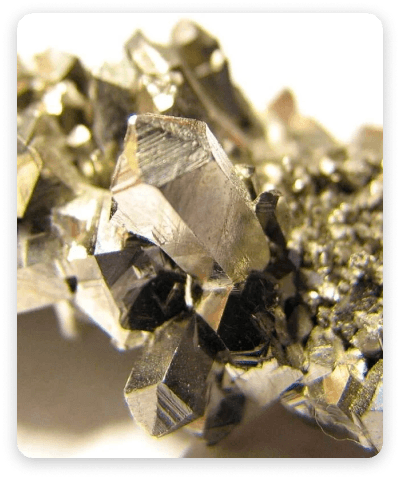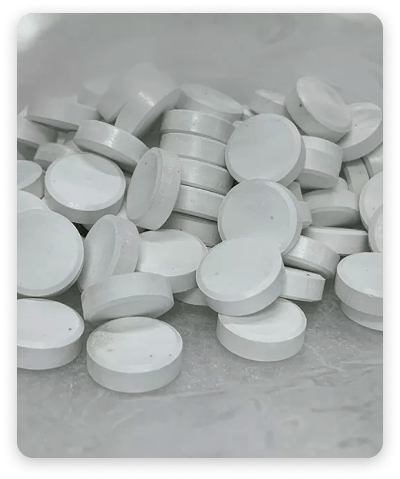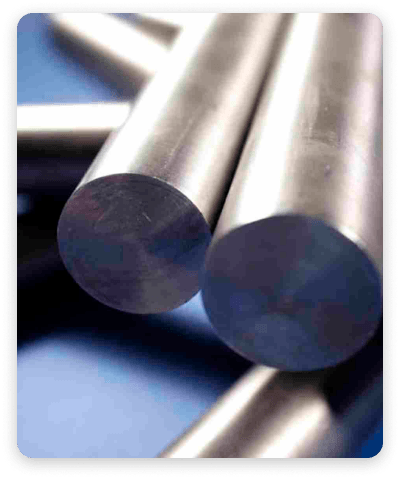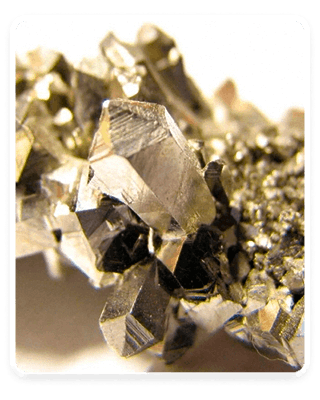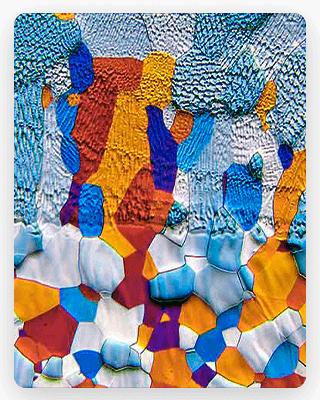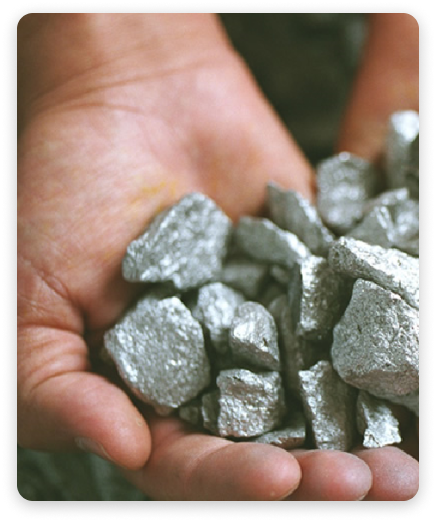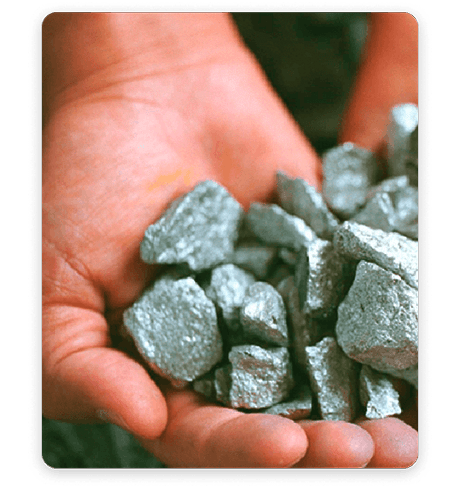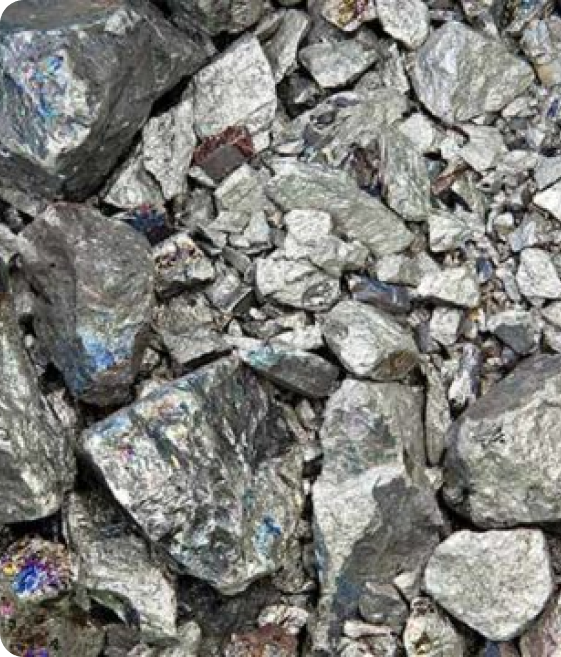My Expertise Is Your Advantage
In my decades of working extensively with Niobium, Vanadium, Tantalum, and other specialty metals, I have learned that these materials offer significant benefits for a wide array of technologies. To learn more, schedule a free consultation with the link below.
Hello,
I’m Steven Sparkowich
Steven Sparkowich, PE is a Licensed Professional Metallurgical Engineer with a Bachelor of Science in Metallurgical Engineering from the Colorado School of Mines and a Graduate Certificate in Welding Engineering from the Ohio State University, and is considered a leading global expert on topics related to diverse specialty metal applications and supply chain challenges.
Steven has 25+ years of experience working with the refractory metals Niobium, Vanadium, Tantalum, Chromium, Molybdenum, Tungsten and Rhenium, as well as with the reactive metals Titanium, Zirconium, and Hafnium.



